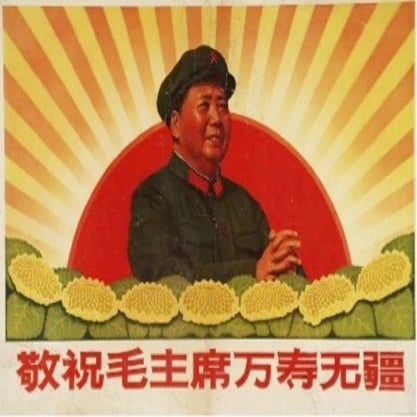Article
Zhou Zuoren (周作人) (1885–1967) By Tang, Yan
Article
A writer and critic in the New Culture Movement (新文化运动), Zhou Zuoren was one of the most prominent literary figures in the early twentieth century in China. He advocated ‘humanist literature’ (人的文学), arguing that literature should break away from conventions and render true human nature. Zhou was among the first who used vernacular Mandarin (白话) to write poetry and prose. His poems, such as 小河 (A Little River) and 路上所见 (A Scene on the Road), were widely praised by Zhu Ziqing (朱自清) and Hu Shi (胡适). Zhou also firmly believed in democracy; he supported individual freedom and social justice, sparing no effort to critique Chinese feudalistic systems and backward superstitions in the 1910s. After the New Culture Movement ended, he left the forefront of political activities. Between 1928 and 1938, he published rather pacifistic essays such as 闭户读书论 , 哑巴礼赞, and 麻醉礼赞. The political controversy around his agreement to work for a pro-Japanese government in the 1930s caused him several years of prison life (Yan 2009, 2649–50; Daruvala 2000, 4). He returned to Beijing after being released in 1949, and died in 1967 during the Cultural Revolution.

